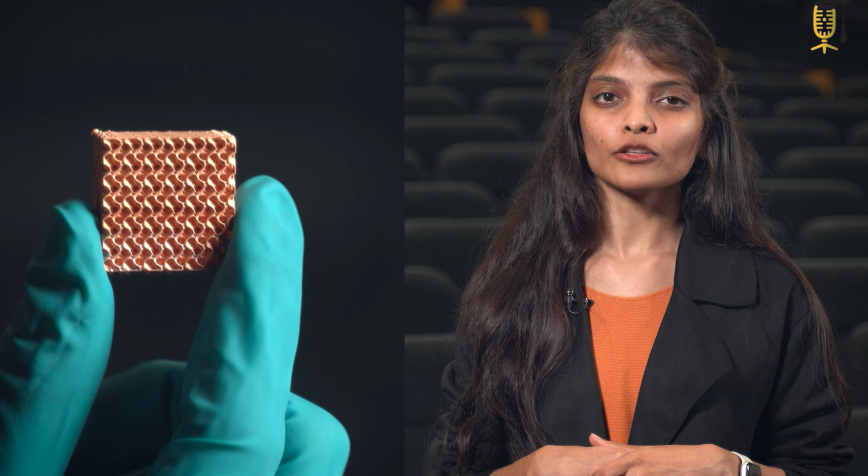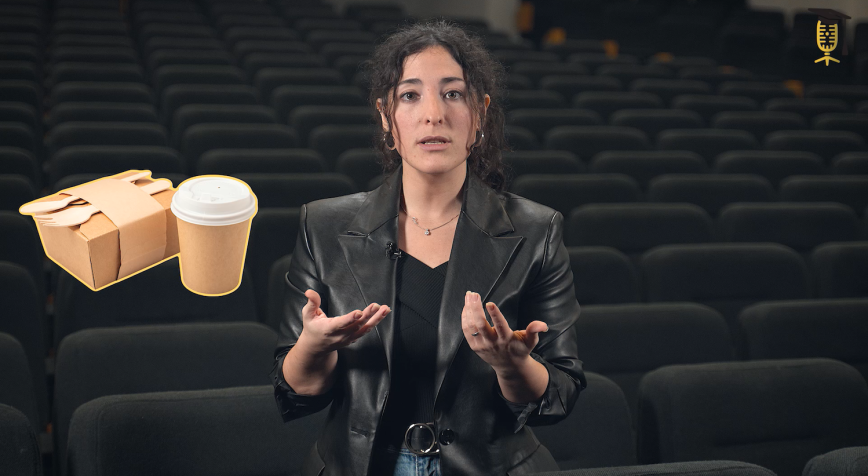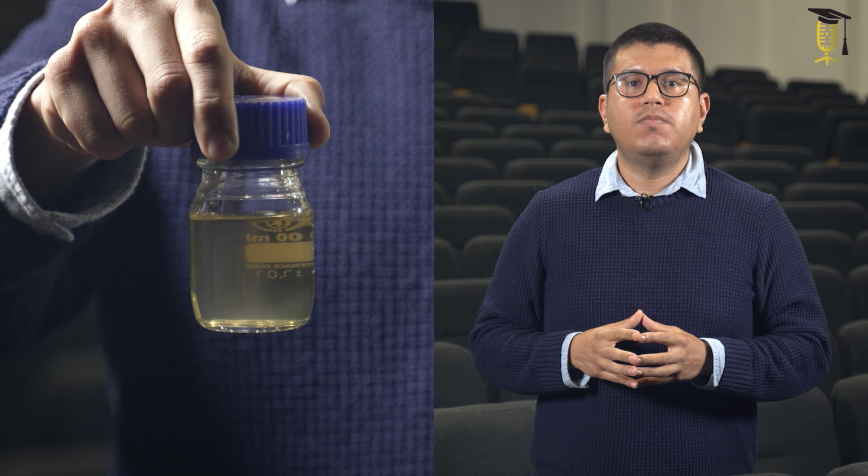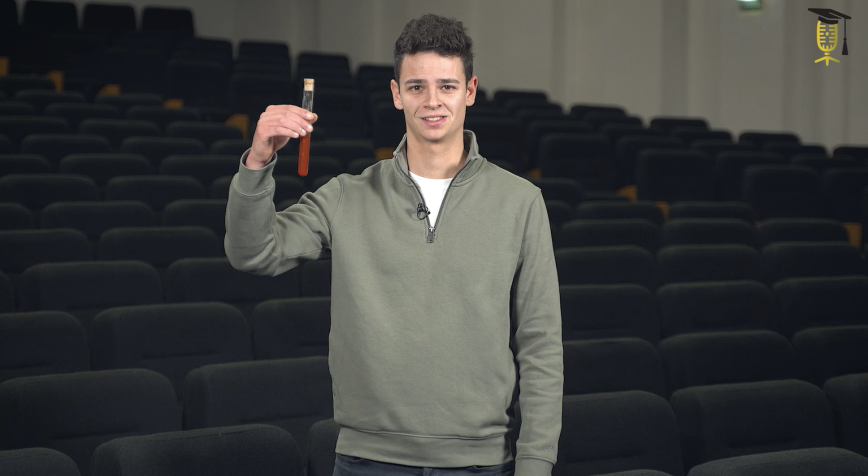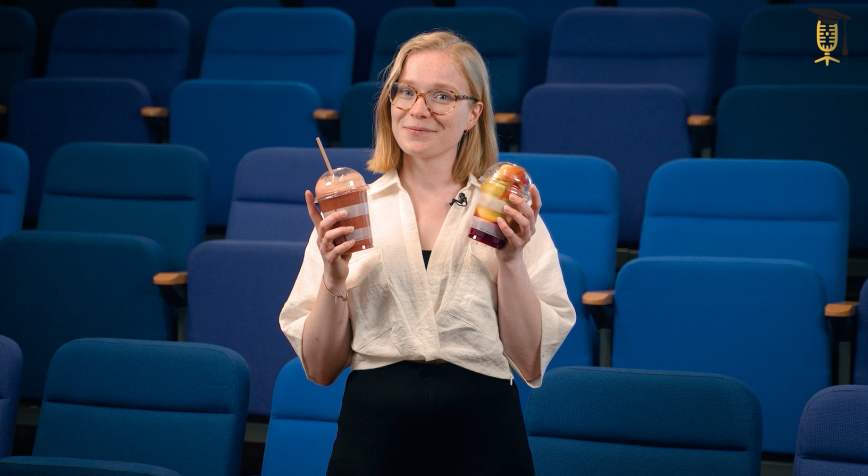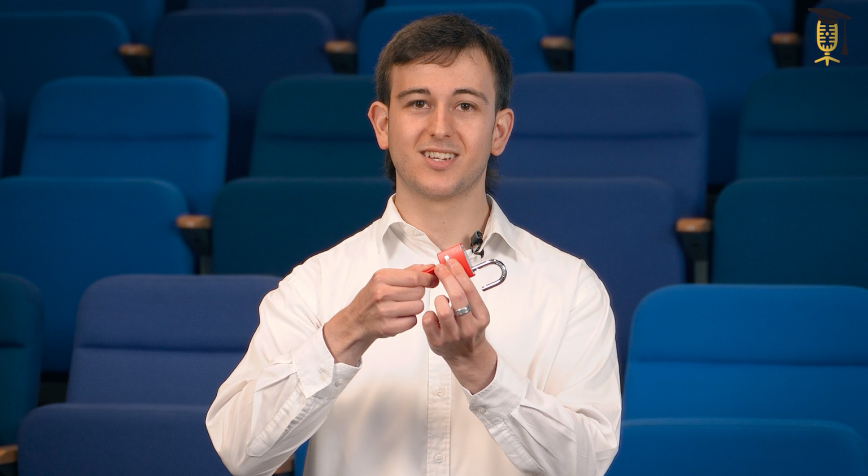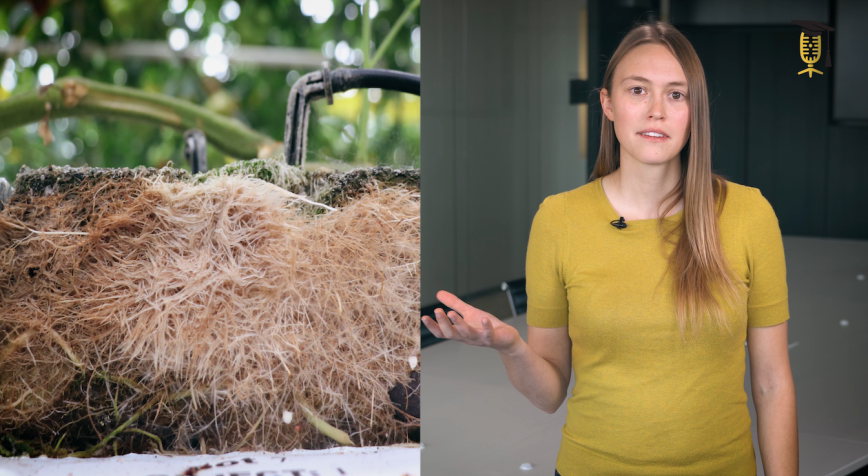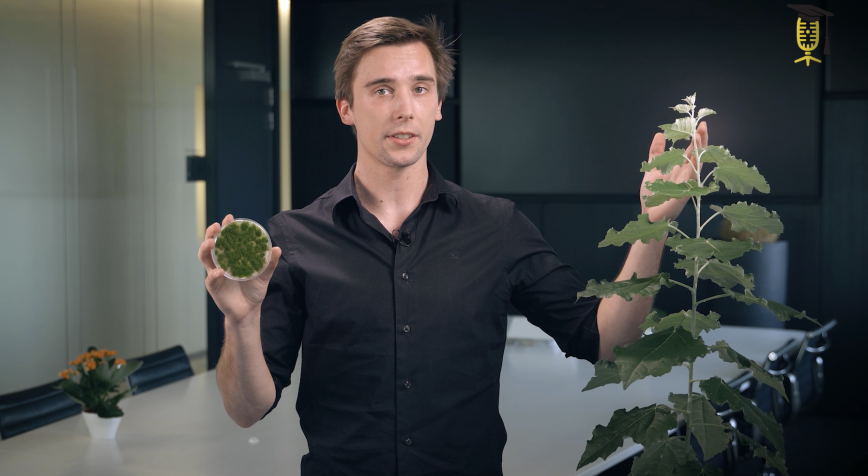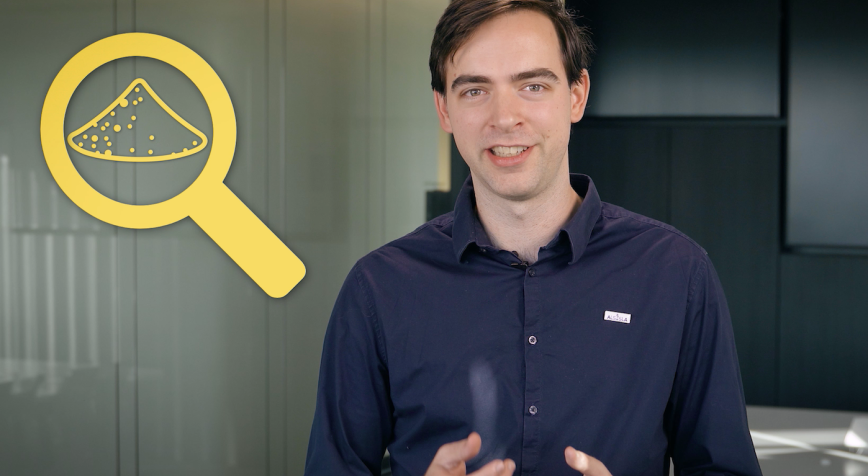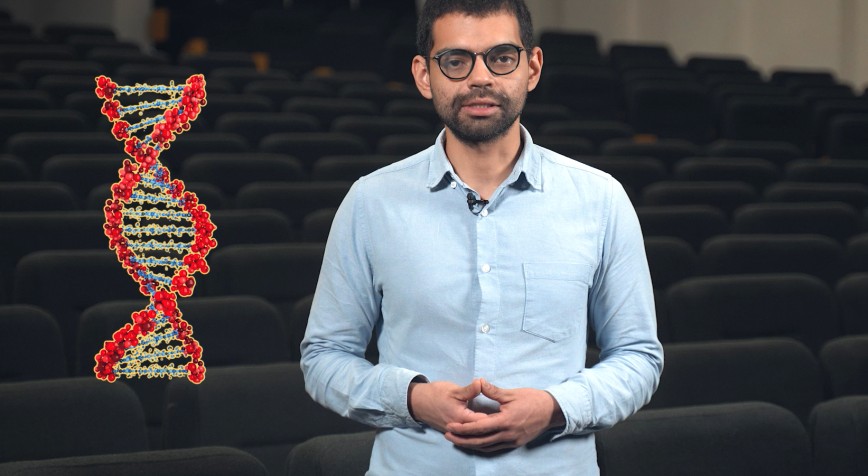
UHasselt
VITO
How do my genes describe me and my health?
Why do some people get a cold every month, while others seem immune, even in the wintertime? 🤧 "The answer lies in our genes," says Alejandro Correa Rojo. "Each of us carries a unique genetic code, that can tell how you will respond to a disease." After studying the DNA of thousands of people, Alejandro developed a Genetic Risk Score. This single number tells how you are at risk for a specific disease compared to others. Find out more in the video.

